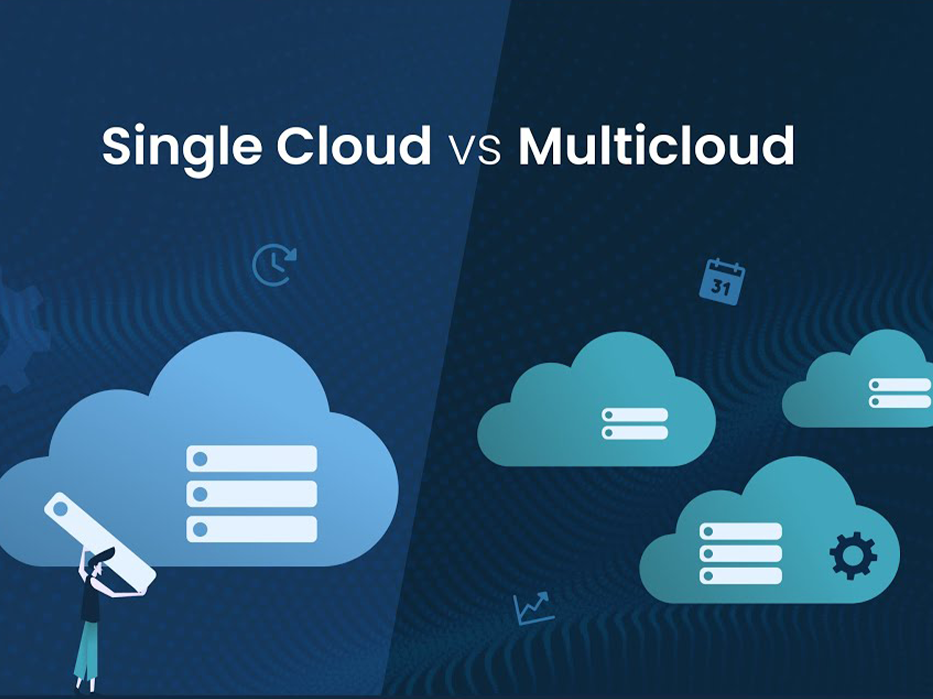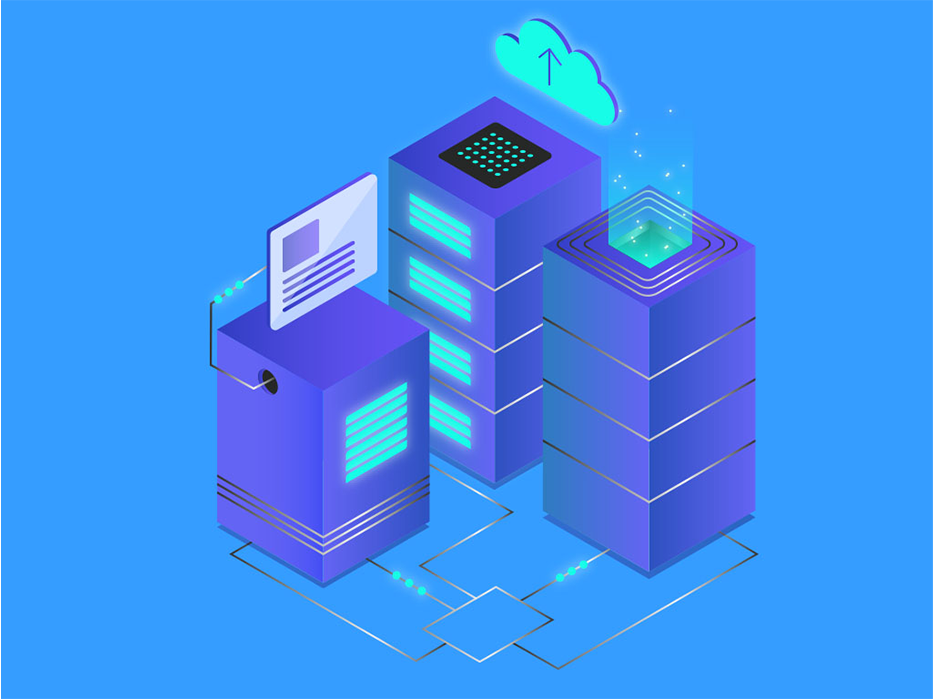- Problem-solving: IT professionals are problem-solvers by nature. They encounter a diverse array of technical issues daily, ranging from software bugs and hardware failures to network disruptions and cybersecurity threats. Effective problem-solving in IT involves several key steps: identifying the problem, analyzing its root cause, exploring potential solutions, implementing the best solution, and verifying its effectiveness. This process often requires a blend of technical knowledge, logical reasoning, creativity, and persistence. IT professionals must be adept at troubleshooting to minimize downtime, ensure system reliability, and maintain business continuity.
- Technical proficiency: Strong technical skills are the foundation of any IT professional’s expertise. Depending on their specialization, IT professionals may need proficiency in areas such as programming languages (e.g., Python, Java, C++), database management systems (e.g., SQL, NoSQL), operating systems (e.g., Linux, Windows), cloud computing platforms (e.g., AWS, Azure), networking protocols (e.g., TCP/IP, DNS), or cybersecurity tools and techniques. Continuous learning is essential in IT to stay updated with advancements in technology and to acquire new skills that align with industry trends and organizational needs.
- Attention to detail: In IT, meticulous attention to detail is critical. IT professionals must ensure that configurations are accurate, code is error-free, data is entered correctly, and security measures are implemented effectively. Overlooking even small details can lead to system vulnerabilities, data breaches, or operational inefficiencies. Attention to detail extends to documentation as well, ensuring that procedures, troubleshooting steps, and system configurations are well-documented and easily understandable by team members and stakeholders.
- Adaptability: The IT landscape evolves rapidly with new technologies, methodologies, and industry trends emerging continuously. IT professionals must be adaptable and willing to embrace change. This includes learning new programming languages or frameworks, adopting agile development practices, migrating to cloud-based solutions, or implementing DevOps principles. Adaptability enables IT professionals to respond effectively to technological advancements and evolving business requirements, contributing to organizational agility and innovation.
- Communication skills: Effective communication is essential for IT professionals to collaborate with colleagues, interact with clients or end-users, and convey technical information to non-technical stakeholders. Clear and concise communication facilitates understanding, reduces misunderstandings, and enhances teamwork. IT professionals must be able to articulate complex technical concepts in a manner that is accessible to diverse audiences. Communication skills also encompass active listening, empathy, and the ability to ask clarifying questions to ensure requirements are fully understood and expectations are met.
- Cybersecurity knowledge: As cybersecurity threats become increasingly sophisticated and prevalent, IT professionals must possess strong cybersecurity knowledge and skills. This includes understanding security principles, best practices, and compliance requirements (e.g., GDPR, HIPAA). IT professionals should be proficient in implementing security measures such as encryption, access controls, vulnerability assessments, and incident response procedures. Continual vigilance and proactive risk management are essential to protect organizational assets, safeguard sensitive data, and mitigate cybersecurity threats effectively.
- Project management: Many IT professionals are involved in projects, whether it’s deploying new software, upgrading infrastructure, or implementing cybersecurity measures. Project management skills are crucial for planning, executing, and monitoring projects to ensure they are completed on time, within budget, and meet stakeholder expectations. IT project management involves defining project scope, setting milestones, allocating resources, managing risks, and communicating progress to stakeholders. Proficiency in project management methodologies such as Agile or Waterfall enables IT professionals to deliver successful outcomes and drive organizational growth.
- Customer service orientation: IT professionals often provide technical support and assistance to end-users or clients. A customer service-oriented approach involves responsiveness, empathy, and a commitment to resolving issues promptly and effectively. IT professionals must possess strong interpersonal skills to build rapport with users, understand their needs, and deliver solutions that meet or exceed expectations. Effective customer service enhances user satisfaction, fosters positive relationships within the organization, and contributes to a productive and collaborative work environment.
- Troubleshooting skills: Rapid and efficient troubleshooting is a core competency for IT professionals. When technical issues arise, IT professionals must diagnose problems methodically, apply critical thinking to identify root causes, and implement solutions to restore system functionality. Troubleshooting skills encompass a systematic approach to problem-solving, utilizing diagnostic tools and techniques to isolate issues, testing potential solutions, and verifying the resolution. Strong troubleshooting abilities minimize downtime, optimize system performance, and enhance the overall reliability of IT infrastructure and services.
- Ethical mindset: IT professionals handle sensitive data and have access to critical systems that impact organizational operations and stakeholder trust. Upholding ethical standards and integrity is paramount in IT. IT professionals must adhere to ethical guidelines, respect user privacy, protect confidential information, and comply with legal and regulatory requirements (e.g., data protection laws, intellectual property rights). An ethical mindset involves making decisions that prioritize honesty, fairness, and transparency in all aspects of IT operations and interactions.
Developing and mastering these essential skills not only enhances an IT professional’s technical capabilities but also contributes to their career success, job satisfaction, and ability to contribute effectively to organizational goals. Continuous learning, professional development, and a proactive approach to skill enhancement are key to staying ahead in the dynamic and rapidly evolving field of information technology.





